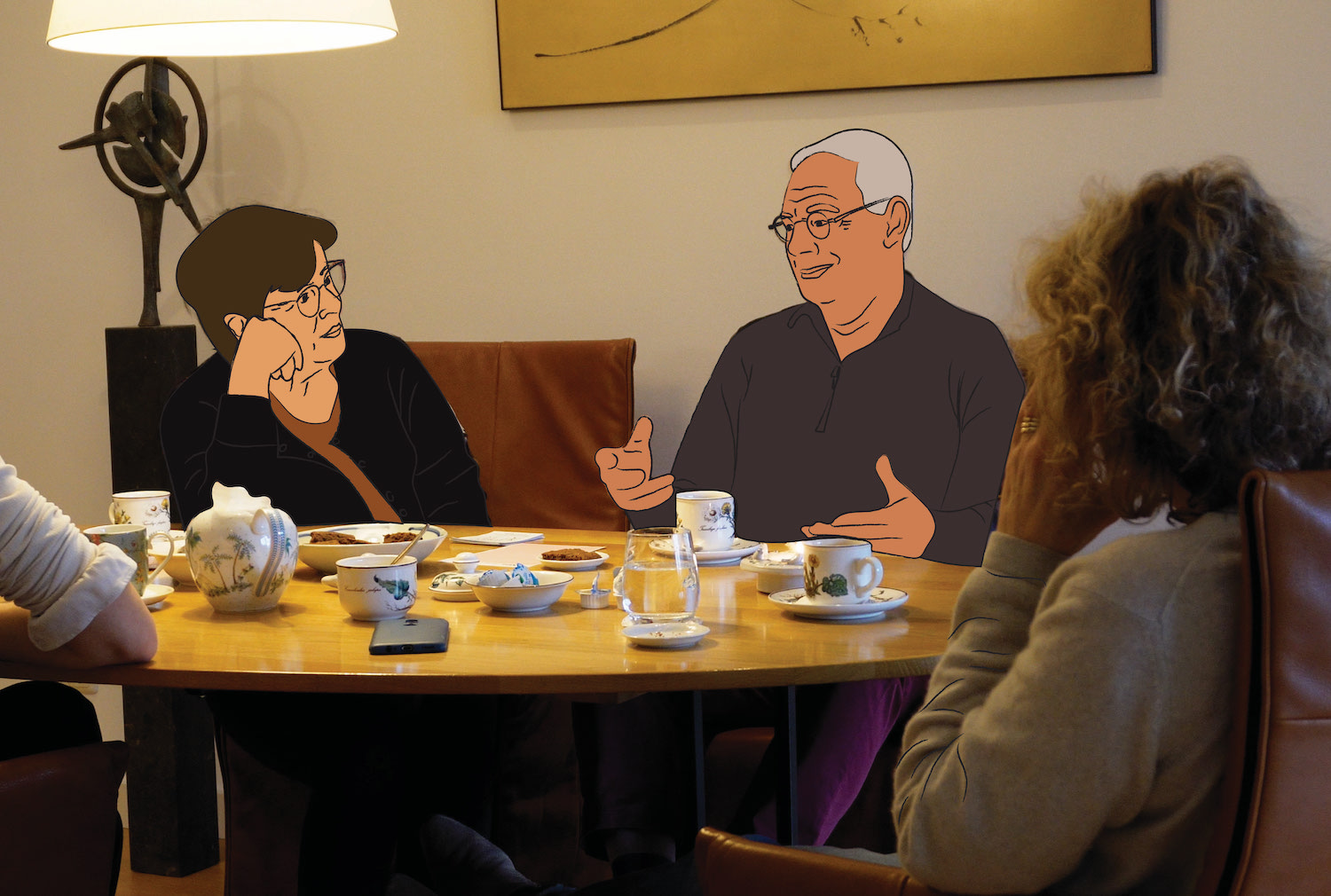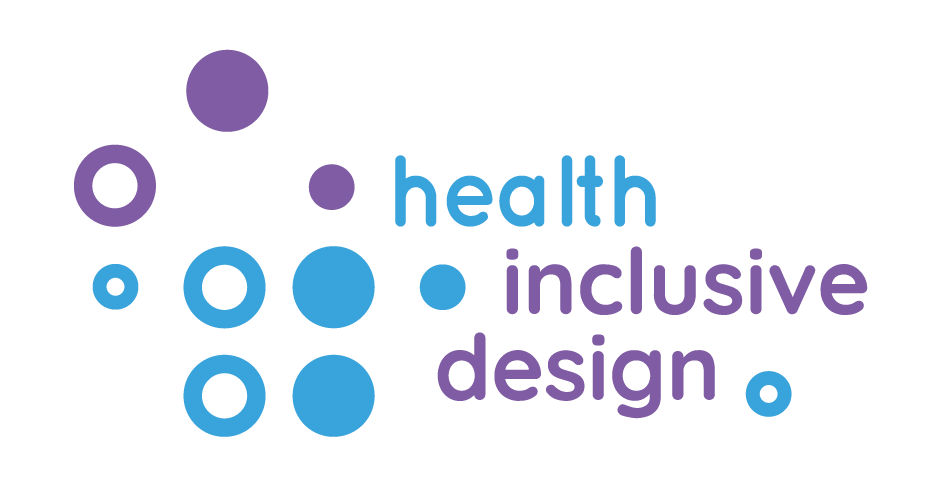
– Coach: TBD
– Student year: B21;B22;
– Expert: Rucha Khot
– Student year: B21;B22;
– Expert: Rucha Khot
– Client: Tinybots
– Research/design question: How can we rethink traditional tools like clocks and calendars to be more like helpful companions, offering intuitive and meaningful visual and verbal support for people with dementia in their daily lives?
– Research/design question: How can we rethink traditional tools like clocks and calendars to be more like helpful companions, offering intuitive and meaningful visual and verbal support for people with dementia in their daily lives?
– Description : People with dementia face challenges in keeping track of time in their daily lives. Traditional tools like clocks and calendars, designed to help navigate time, don’t work well for them and can be confusing. Doing daily activities involves negotiating with the world e.g. relying on others, adapting to what’s around, etc. Imagine trying to plan your day when the usual tools don’t make sense. For people with dementia, this is a real struggle thus we need new tools that better understand and cater to their needs.
Publications:
Chen, S., Stromer, D., Alabdalrahim, H. A., Schwab, S., Weih, M., & Maier, A. (2020). Automatic dementia screening and scoring by applying deep learning on clock-drawing tests. Scientific Reports, 10(1), 20854.
Coppelmans, T. M. J. (2019). Wijstijd, Supporting Time Orientation Designed for and with People with Dementia. In Dementia Lab 2019. Making Design Work: Engaging with Dementia in Context: 4th Conference, D-Lab 2019, Eindhoven, The Netherlands, October 21–22, 2019, Proceedings 4 (pp. 150-155). Springer International Publishing.
Coppelmans, T. M. J. (2019). Wijstijd, Supporting Time Orientation Designed for and with People with Dementia. In Dementia Lab 2019. Making Design Work: Engaging with Dementia in Context: 4th Conference, D-Lab 2019, Eindhoven, The Netherlands, October 21–22, 2019, Proceedings 4 (pp. 150-155). Springer International Publishing.

